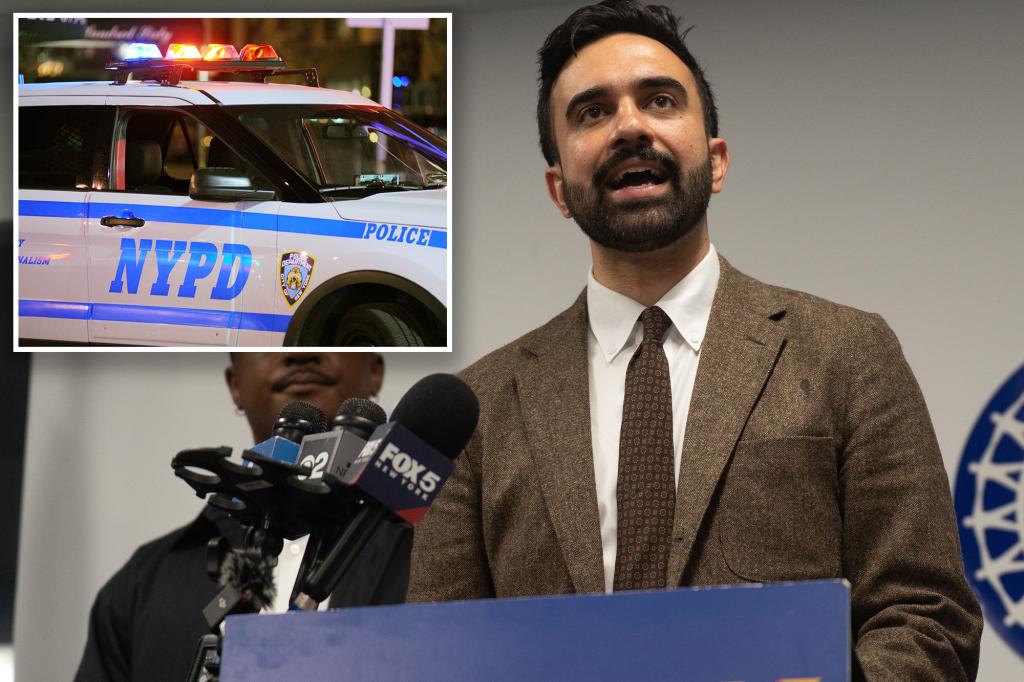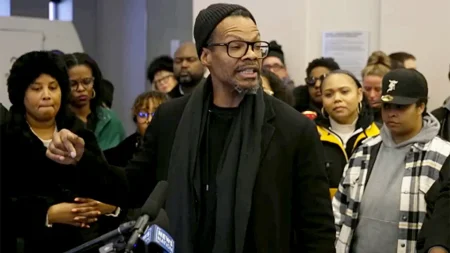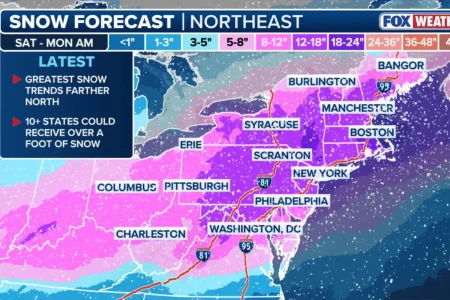Arrest Made in Hate-Fueled Threats Against NYC Mayoral Candidate
In a troubling development highlighting the persistent challenge of bigotry in American politics, authorities have apprehended a suspect in connection with a series of racist death threats directed at New York City mayoral candidate Zohran Mamdani. Jeremy Fistel, 44, was arrested in Plano, Texas last week and extradited to New York to face serious charges including making terroristic threats and harassment as a hate crime. The case has drawn attention to the heightened risks faced by politicians from minority backgrounds and the toxic intersection of political discourse and racial animus in contemporary America. Mamdani, a Muslim American and current New York State Assembly member who was born in Uganda, had been subjected to multiple threatening messages that specifically targeted his religion, ethnicity, and family.
The threats against Mamdani were not merely expressions of political disagreement but crossed into explicit intimidation and violent rhetoric. According to authorities, Fistel allegedly left several disturbing voicemails at Mamdani’s Assembly office between March and June of this year. These messages contained vile racist language, religious slurs, and specific threats of violence, including ominous warnings about car bombings—even making reference to recent pager attacks against Hezbollah in what appears to be an attempt to intimidate Mamdani through association with international conflicts. One particularly chilling message instructed Mamdani to “Go start your car and see what happens,” while another threatened that someone would shoot him in the head and “get rid” of his family. The suspect allegedly used untraceable phone numbers to deliver these threats, demonstrating premeditation and an awareness of potential consequences.
The arrest represents a coordinated effort between multiple law enforcement agencies, including the NYPD’s Hate Crimes Task Force and the U.S. Marshals Service’s regional fugitive task force. Following his apprehension in Texas, Fistel was transported back to New York to face arraignment in Queens court on multiple charges: making terroristic threats, two counts of aggressive harassment as a hate crime, and harassment based on race or religion. The involvement of specialized hate crimes units underscores the seriousness with which authorities are treating these threats in a political climate where candidates from minority backgrounds increasingly report experiencing harassment and intimidation. The case also raises important questions about the effectiveness of current approaches to combating politically motivated threats and hate speech in the digital age.
The threatening messages directed at Mamdani reveal a disturbing pattern of xenophobia centered around questioning his American identity and belonging. Despite Mamdani being a U.S. citizen and elected official serving his constituents in the New York State Assembly, the messages repeatedly demanded that he and his family “get out of America” and characterized him as incompatible with “Western values.” One message explicitly stated, “You’re a terrorist piece of s–t, and you’re not welcome in New York or in America, neither is your f–king family.” Another accused him of “antisemitic rhetoric” despite no evidence supporting such claims. These messages reflect a broader pattern of othering that many Americans from minority backgrounds continue to face, where their citizenship and loyalty are questioned regardless of their actual status or contributions to society.
In response to these threats, Mamdani’s campaign has emphasized that while the candidate does not own a car—rendering one specific threat impossible to carry out—they are “taking every precaution” to ensure his safety. The reporting of these threats by a staffer at Mamdani’s Queens office led to the police investigation that ultimately resulted in Fistel’s arrest. This case highlights the unique security challenges faced by political candidates from minority backgrounds, who must balance public accessibility with personal safety considerations. Studies have shown that politicians from underrepresented groups receive disproportionately more abuse and threats than their counterparts, potentially creating barriers to diverse political representation and participation. The targeting of Mamdani based on his Muslim faith and Ugandan birth reflects how identity-based harassment continues to be weaponized against public figures.
As this case moves through the legal system, it serves as a stark reminder of how hate speech and threats of violence can poison democratic processes and public service. The charges against Fistel—particularly those related to terroristic threats and hate crimes—carry significant penalties if he is convicted, reflecting society’s recognition of the serious harm caused by such behavior. Beyond the immediate legal consequences, this case invites broader reflection on political discourse in America and the responsibilities of citizens, platforms, and institutions in creating an environment where candidates can participate in the democratic process without fear for their safety based on their background or identity. For Mamdani, who continues his mayoral campaign despite these threats, the incident underscores both the challenges and importance of diverse representation in American politics, where those who break barriers often face resistance that goes beyond policy disagreements into dangerous territory of personal intimidation and hate.











